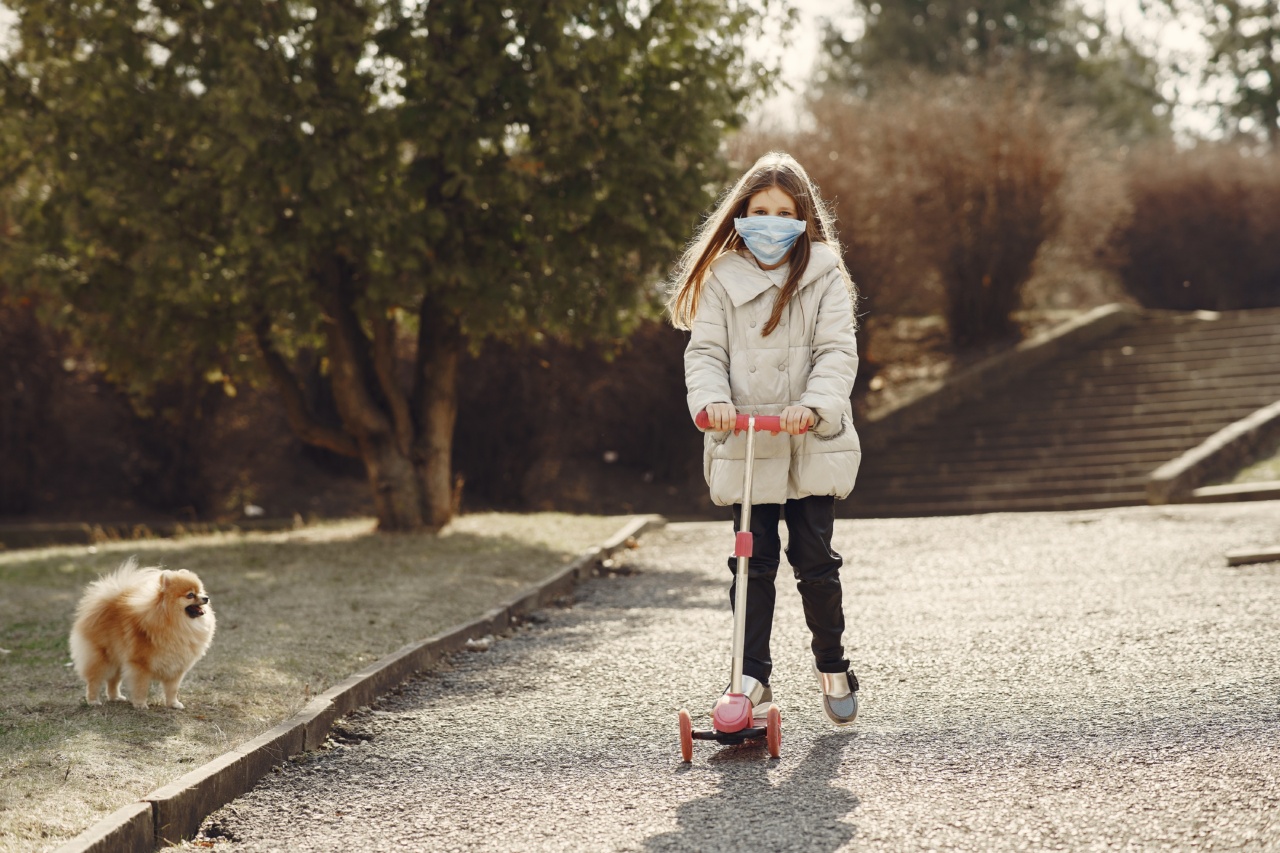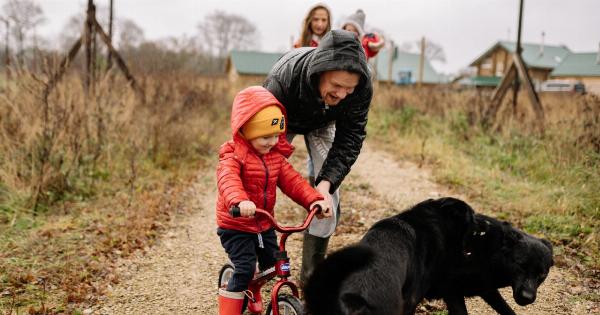Having a dog that is happy, healthy, and living up to their full potential is every pet owner’s dream. However, sometimes we may notice that our furry friends are not thriving as we would expect them to.
In this article, we will delve into the possible reasons why your dog is not riding to their full potential and provide insights on how to address these issues.
Inadequate Nutrition
Nutrition plays a crucial role in a dog’s overall well-being. If your dog is not receiving the necessary nutrients from their diet, it can negatively impact their performance.
Make sure you are feeding them a balanced diet that is appropriate for their age, breed, and specific needs. Consult with a veterinarian to ensure you are meeting their nutritional requirements.
Lack of Exercise
Dogs require regular exercise to stay physically and mentally stimulated. A lack of exercise can result in obesity, muscle weakness, and a decrease in energy levels, affecting their ability to reach their full potential.
Set aside dedicated time each day for playtime, walks, or engaging activities to keep your dog active and healthy.
Health Issues
Undiagnosed or untreated health issues can have a significant impact on your dog’s overall well-being. Certain conditions such as allergies, joint problems, or respiratory issues can limit their performance.
Regular veterinary check-ups are essential to identify and address any underlying health concerns that may be hindering your dog’s full potential.
Lack of Mental Stimulation
Dogs are intelligent creatures that need mental stimulation to thrive. If they are not mentally challenged, they may become bored or develop behavioral problems.
Provide them with interactive toys, puzzle games, and training sessions to keep their minds sharp and engaged.
Inadequate Training
Proper training is essential for a dog to reach their full potential. If your dog lacks basic obedience skills or has not been adequately trained for specific tasks, it can limit their abilities.
Consider enrolling them in training classes, seeking professional help, or dedicating time for consistent training sessions at home.
Lack of Socialization
Socialization is crucial for dogs to develop good behavior, confidence, and adaptability.
If your dog has not been properly socialized from a young age, they may struggle with interacting with other dogs and people, hindering their potential in various activities. Expose your dog to different environments, introduce them to new individuals and animals, and consider supervised playdates to improve their social skills.
Stress and Anxiety
Just like humans, dogs can experience stress and anxiety. These emotional states can negatively impact their performance and overall well-being.
Common causes of stress and anxiety in dogs include separation anxiety, fear of loud noises, or traumatic experiences. Create a calm and safe environment for your dog, provide them with a secure space, and consider consulting with a professional behaviorist to help manage their anxiety.
Age and Physical Limitations
As dogs age, they may naturally face physical limitations that can affect their performance. Joint problems, arthritis, and a decrease in energy levels are common issues that can limit their full potential.
Adapt activities or exercises to accommodate their changing needs and consult with a veterinarian for appropriate care and adjustments.
Lack of Bond and Trust
A strong bond and trust between a dog and their owner are essential for the dog to feel secure and confident. If your dog does not have a strong bond with you, it can impact their willingness to try new things or fully engage in activities.
Spend quality time with your dog, engage in positive reinforcement, and build a trusting relationship to help them reach their full potential.
Conclusion
Understanding the possible reasons why your dog may not be riding to their full potential is the first step towards addressing these issues.
By ensuring proper nutrition, exercise, training, socialization, and addressing any health concerns or emotional issues, you can help your dog thrive to their maximum potential and enjoy a happy and fulfilling life together.






























